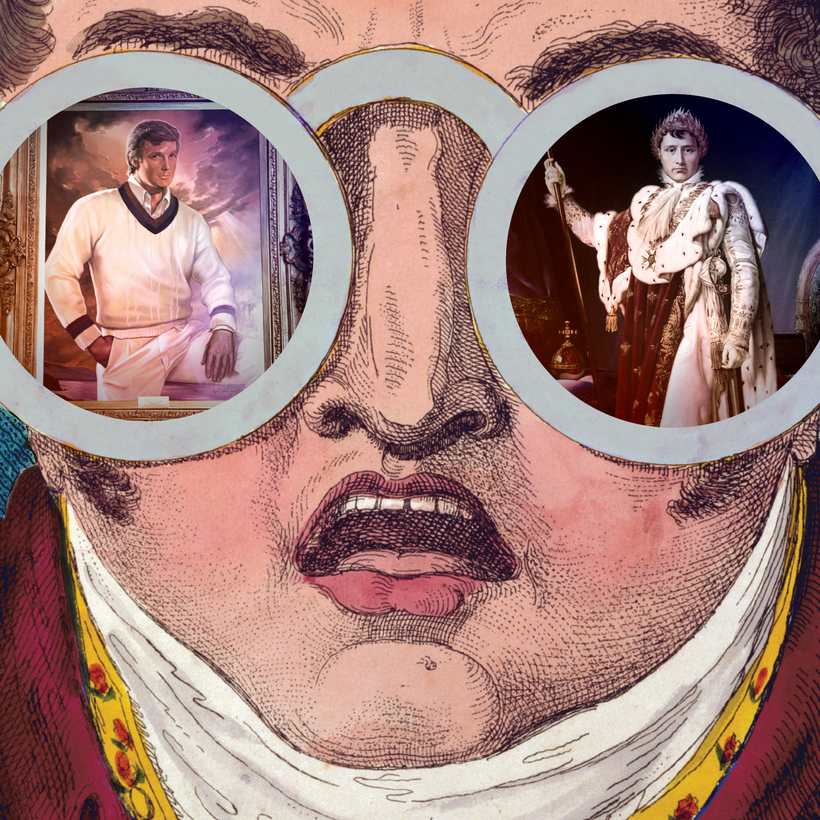From the moment that George Washington declined to shake hands with his fellow citizens—he preferred a dignified bow—American presidents have affected an uneasy admixture of pomp and populism. Even Thomas Jefferson, who became the first chief executive to walk to his inauguration (which was boycotted by his predecessor, John Adams), deployed the Marine Band for an imperial touch.
No other Western democracy—at least not one without a monarch—comes close to the flags and foofaraw favored by American magistrates. Prime Minister Justin Trudeau of Canada can’t top the ceremonial trappings of Mayor Bill de Blasio when New York City puts on the dog. If Emmanuel Macron heads abroad, he boards a private jet, but not one as tricked out as Air Force One. Even Pope Francis usually flies an ordinary Alitalia charter, cheekily known as “Shepherd One.”


